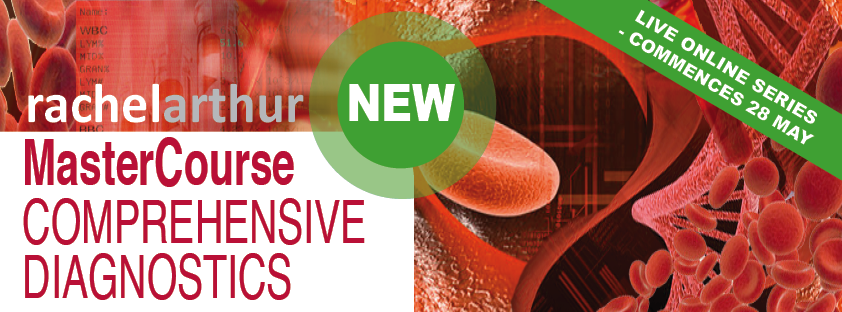Have you been told somewhere by someone that the ‘perfect’ TSH is 1.5 mIU/L? This is a wonderful, terrible & wonderfully terrible example of ‘magical numbers medicine’. As a push-back against the published reference ranges we’re given, that are so wide you could drive a truck through them, there has been an over-correction by some, leading to the myth of ‘magic numbers’. We can narrow the reference range substantially for many parameters with good rationale, make no mistake about that but once we start setting ‘aspirational goals’ that are explicitly rigid…well we’ve done 2 things 1) forgotten about the patient to whom this result belongs and 2) disregarded viewing each result as part of a ‘pattern’, that we must piece together and make sense of.
Back to TSH then… if my obese patient had a value of 1.5 mIU/L this in fact would be woefully inadequate.
Also too low for any patient, no matter their size, if their T4 is low and we’d like a higher value as well for risk minimisation in our elderly clients too.
But the same result would be excessively & worringly high in my patient who’s undergone thyroidectomy.
Being given a list of ‘magic numbers’ will never replace learning labs correctly. When we do this, we come to truly know that meaning can only be made of the markers when you can answer the following questions:
- What is this (metabolite, analyte, binding agent, plasma protein etc)?
- What do I know about its physiological and biochemical context – what is its role and regulation in the blood, what moves it and to what magnitude?
- How have the reference ranges been determined for this lab – who am I comparing my patient to?
- Therefore, what is the significance of a result that is: ‘normal’, ‘low normal’, ‘high normal’, below or above the range?
- Does this value ‘fit’ with my patient?
- What else could explain an unexpected result?
- How strong is my level of evidence?
- What do I need to do from here to confirm or refute this?
- And a few more 😉
Realising the full value of any test result in terms of what it reveals about the person sitting in front of you, requires these skills. Unfortunately, in contrast a list of magic numbers will often lead you astray. And building your scientific knowledge about labs will not only help you avoid the pitfalls of pathology but will strengthen your pathophysiology prowess in surprising ways, saving your patients a packet in terms of additional extraneous testing and help you truly personalise your prescriptions…because the ‘invisible (biochemical individuality, oxidative stress, genetic probabilities, subclinical states, imbalanced or burdened processes etc) just became visible’. I started requesting lab results early in my career and years later was lucky enough to be taken under the wing of Dr. Tini Gruner. I found some of our shared notes, from 10 years ago, scribbled all over patient results recently and I was struck by just how lucky I was to have her encouragement to really pursue my interest and how she was a guiding force about learning to recognise pathology patterns over single parameters. A decade on I can confess, much of clinical and educative success has come off the back of this foundational skill-set and I know, this is true for so many I’ve taught too.
“The guidance I’ve received over the years from Rachel in relation to pathology interpretation has been one of the most valuable (and fascinating) investments I’ve made as a clinician. Her teachings have filled gaps in my knowledge base I never knew needed filling and have significantly enhanced my understanding of the inner workings of the body! Rachel has an incredible ability to make the numbers that patient’s so often present us with, both understandable and clinically meaningful. The knowledge I’ve gained by investing in this skillset has paid off in dividends and I’m certain will continue to do so into the future.”
Stacey Curcio – Cultivating Wellness
I hope you’ll join me for the most exciting up-skilling opportunity in learning labs yet. Oh…and all this talk about thyroid testing..that’s just a serving suggestion 😉 this year my MasterCourse is focused on the most routine labs of all: ELFTs, FBE, WCC, Lipid and Glucose Panels…an absolute treasure trove of free integrative health information about your patient!
This skillset has been found by many to be biggest ‘game-changer’ in Integrative Medicine!
There are limited places. To sign up for the MasterCourse: Comprehensive Diagnostics click here.
For more information about the program click here.

